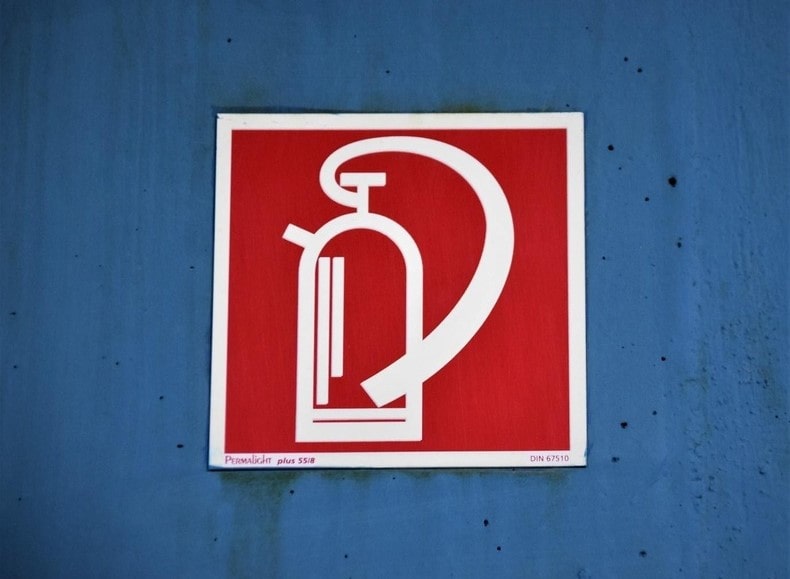Why Investing in Health and Safety Makes Good Business Sense?
There are plenty of challenges facing modern businesses. Making a profit and remaining operational are clearly the primary objectives, but there are various issues to contend with that all contribute to achieving those goals.
Adhering to tax legislation, handling recruitment, launching marketing campaigns, and managing customer relationships are all examples of fundamental concerns facing any business owner. And then there is the issue of health and safety.
Employers are required by law to be responsible for the wellbeing of their staff, not to mention members of the public. It makes good business sense for companies to invest significant time and resources into ensuring their practices are up to scratch because failure to do so could result in serious consequences for all concerned.
Why are health and safety important for all businesses?
First and foremost, it can save lives. Data from the Health and Safety Executive reveals there were 111 fatalities to workers in Great Britain in 2019-20. Of course, accidents can happen and they can be unforeseeable, but having robust measures in place will at least keep the risk of these tragic incidents to a minimum. Even if accidents are not fatal, serious injury or illness can have a devastating effect on the victim(s) and those closest to them.
A strong health and safety policy helps to inspire feelings of trust among employees, who come to work knowing they are being looked after. The flip side is that if a claim is made and negligence is proven, the business stands to suffer major financial and reputational damage.
How can health and safety in the workplace be improved?
Regular training
All employees should receive training courses to improve their awareness and understanding of the potential risks, how to spot them and what should be done about them. This can help to create a culture of accountability, where staff is not afraid to speak up if they see something that could cause an issue.
Having the right equipment
All work environments should be kitted out with safety equipment such as fire blankets, extinguishers, and effective sprinkler systems. And in the construction industry, for example, all staff should be provided with PPE such as helmets, gloves, eyewear, high-visibility clothing, and ear defenders.
Risk assessments
These should be carried out on a regular basis to identify any possible hazards. The conditions, the layout of the workspace, and the number of people likely to be present at any one time should all be covered.
Taking out insurance
This is not a preventative measure but is absolutely essential for any business. Liability insurance will help to cover the cost of any settlements paid to claimants, while business interruption insurance can help to bridge the financial gap in the event of any incident causing closure or drop-off in production.

